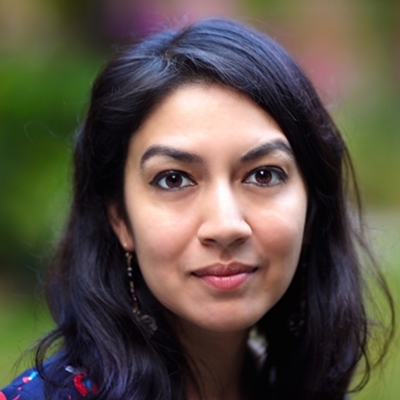
By contrast, their mother Rehana is at first reluctant to make a commitment - though the needs of her children soon force her to inject herself into the conflict. Both of the children are politically oriented, and take a strongly pro-Bangla, pro- Sheikh Mujib position on the events that transpired in 1971. The center of the novel is, of course, the family drama - involving a widow named Rehana and her two grown children, Sohail and Maya. And a section of Rushdie's Midnight's Children deals with this event, but it comes near the end, and Rushdie addresses it in rather lyrical terms - you don't really get a solid explanation of how the war started or what it was about. The War is important in Rohinton Mistry's Such a Long Journey, but only at a great distance (Mistry's novel is set in Bombay). A Golden Age, it turns out, is a very strong first novel, written in a direct, natural style, and I wholeheartedly recommend it.Īnam's is the first novel put out by a western publisher that I know of to have Bangladesh's war for independence as its main theme, and for that reason alone, I suspect A Golden Age will become the kind of book that is often taught in college classes on "South Asian Literature" (like the courses I myself get to teach every couple of years).



A friend gave me a copy of A Golden Age, by Tahmima Anam, as a present a couple of months ago, and I finally got around to reading it this week.


 0 kommentar(er)
0 kommentar(er)
